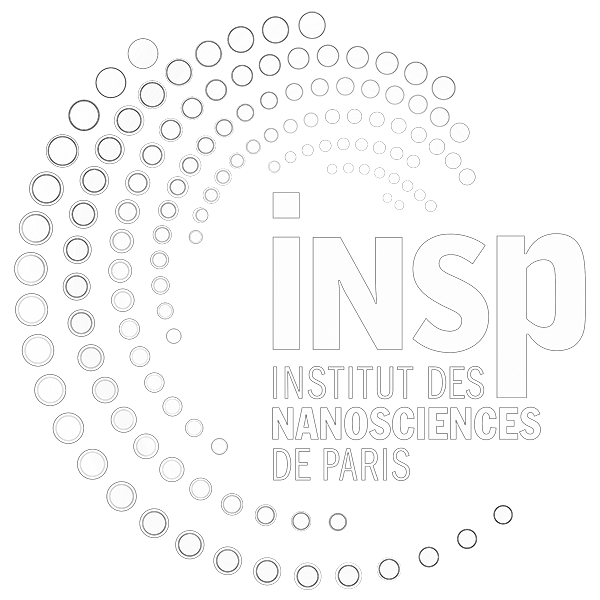Study of Ionic Liquid/metallic nanostructure interface using the Langmuir Procedure
Contact : Michel.goldmann@insp.jussieu.fr, 0144274520 - sylvie.spagnoli@insp.jussieu.fr, 0144276155
Funding : CNRS - Sorbonne Université
keywords : Internship M2
Gratification : Oui
Team(s) internship page(s) : Chemical Physics and Dynamics of Surfaces
Internship description
Click on description for full document
Keywords: Langmuir films, ionic liquid, Au and/or Ag nanostructures
Scientific description: Supercapacitors based on ionic liquid (IL), graphene and metallic nanoparticles (NPs) are promising devices for energy storage. However, the limited access of IL ions to the other components made these devices not yet capable to replace batteries. This internship is focussed on the study of IL/Au (and/or Ag) interface. We study such interface by using the Langmuir films procedure that allow in elaborating and study monolayers and interfaces on liquid surfaces under various physico-chemical conditions. The monolayer of IL ([C20mim][NTF2]) is deposited on a aqueous Au (or Ag) solution. The experiments will consist in surface-pressure versus surface density isotherms on Langmuir films, Brewster Angle microscopy on liquid surface and atomic force microscopy after transferring the film onto a solid substrate (silicon wafer). Metallic NPs anchored below the organic monolayer can be produced by surface radiolysis of water induced by X-rays irradiation at grazing incidence. Such experiment will be developed on a laboratory X-rays source. It had already be performed by using a synchrotron X-rays source which allows to follow in-situ the structural modifications of the interface during the irradiation.
Techniques/methods in use: Langmuir films, Brewster angle microscopy, atomic force microscopy, Participation to the X-ray experiment at the “Synchrotron SOLEIL” will depend on the schedule
Applicant skills: Experimentalist
Possibility for a Doctoral thesis: yes, (subject to obtaining an allocation to ED397)

